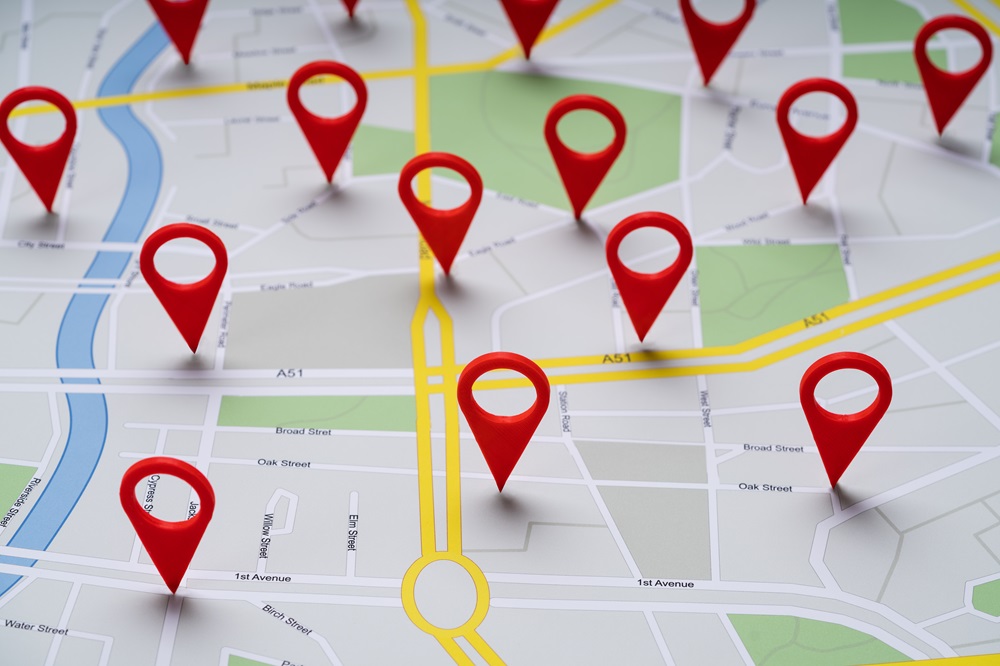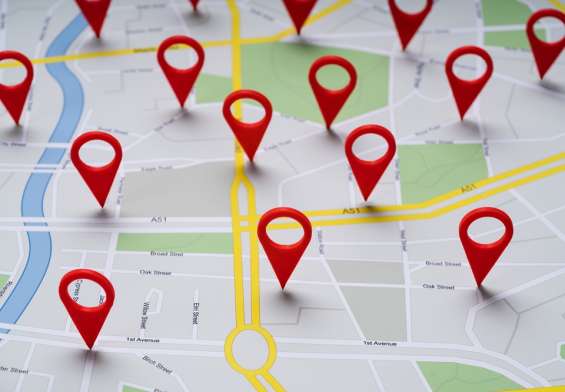These days, businesses that rely on local customers need to target the right locations with their digital marketing efforts. Their success hinges on the right areas being targeted for small business owners, marketers, and SEO specialists alike. This guide will cover how you can make sure you’re targeting the right geographical locations with your marketing strategies, so you can maximize your reach, and drive more conversions.
Understand Your Target Audience
Before doing anything else, you need to make sure you understand the potential audiences in the locations you need to target. Think about the demographics and purchasing behavior of the people who live in the places your business needs to target. You can use tools like Google Analytics for this, since they’ll show you which cities and neighborhoods generate the most traffic and engagement on your website.
When you look at this data, you learn a lot about your audience’s behavior and preferences. For instance, if a lot of your traffic comes from one specific city, you can adjust your local digital marketing efforts to focus more on that area. When you use data to inform your decisions like this, you can rest assured that you’re making the right investments in the right places.
Use Geo-Targeted Keywords
Incorporating geo-targeted keywords into your content and ad campaigns is one of the simplest and most straightforward ways to improve local SEO. Keywords that include specific locations, like city names or neighborhoods, will help your business appear in relevant local searches. For example, if you offer home inspection in Brooklyn, using keywords like “home inspection in Brooklyn” will help bring local customers actively seeking your services to your site.
Try a few different regional terms in different ad groups to see which works the best. You can then use this data to fine-tune your campaigns, so you’re only spending time, money, and effort on the most effective keywords. Targeting zip codes can also be a powerful strategy, letting your target specific areas with high conversion potential.
City-Specific Landing Page Optimization
Having landing pages for specific locations gives a huge boost to your local SEO efforts. Use location-specific keywords and content that resonates with the specific needs of that local audience. For example, a landing page titled “Mold Inspection in Staten Island” that includes details about services in Staten Island will make someone in that area much more likely to click through or convert than a generic landing page.
This is because city-specific landing page optimization personalizes the experience more for your visitors. Personalization like this plays a huge role in getting higher engagement rates, better conversion rates, and those translate to more business from your targeted locations.
Leverage Customer Reviews
The huge role that customer reviews play in local SEO may surprise you. Reviews on platforms like Google Business Profile (GBP) demonstrate your credibility to search engines, making you more visible in local search results. Positive reviews that happen to have relevant local keywords, mention your location or specific services can boost your relevance and make you that much more appealing to potential customers in your targeted areas.
Respond to all your reviews—positive and negative—because this demonstrates engagement and helps build your audience’s trust. In fact, you can put local testimonials on your website and marketing materials to show your connection to the local community and use it to attract more local customers.
Analyze and Adjust Campaigns Based on Performance
All the elements of SEO are continuous efforts, and location-specific SEO tactics are no exception. You need to monitor your campaigns continuously and adjust them based on how they’re performing. The tools mentioned above like Google Analytics can show you the locations that are driving the most traffic, calls, or sales. With that data accessible, you can use it to adjust your bids and budget allocation. For instance, if your data shows that most of your conversions are coming from a particular city, you should focus more on that area.
When you focus on the locations that you know are delivering the best results, you’re maximizing the efficiency of your marketing budget and other resources. Regular reviews and refinements to your strategies can also keep you ahead of your competition, you’re always targeting the right locations.
Customize Ad Copy for Specific Locations
Include the specific names of your locations in the ad copy to significantly increase your click-through rates (CTR) and relevance scores. Increases to these elements eventually reduce your cost-per-click (CPC). Additionally, ads with these specific locations tend to catch more people’s attention in those areas. For example, “Limo Services in San Francisco” is much more likely to grab an audience in San Francisco than “Affordable Limo Services”.
You can make your geo targeting efforts even more effective by using features like Dynamic Keyword Insertion in your ads. This feature, for instance updates your ad copy with the searcher’s location automatically, so your ads are always relevant and tailored to your audience with minimal input on your part.
Experiment with Campaign Segmentation
If your business serves multiple cities or states, you can create separate campaigns for each location. This gives you more control over your ad content, budget, and bid strategies, so you have more room to personalize them to each location’s unique characteristics. For example, a business that operates in both New York and California may need different ad strategies for each state because they’ll have very different customer behavior, time zones, and local competition. Segmenting your campaigns by location also lets you experiment with different strategies for each location, so you can get the most out of your marketing efforts in every area you service.
Using Your Geo-Targeting Strategies for Local SEO
You can reach your audience and achieve your business goals when you’re geo-targeting the right locations. When you understand your target audience, use geo-targeted keywords, optimize location-specific landing pages, leverage customer reviews, and analyze your campaigns on a regular basis, you make sure to keep your marketing efforts are focused on the areas that matter most.





